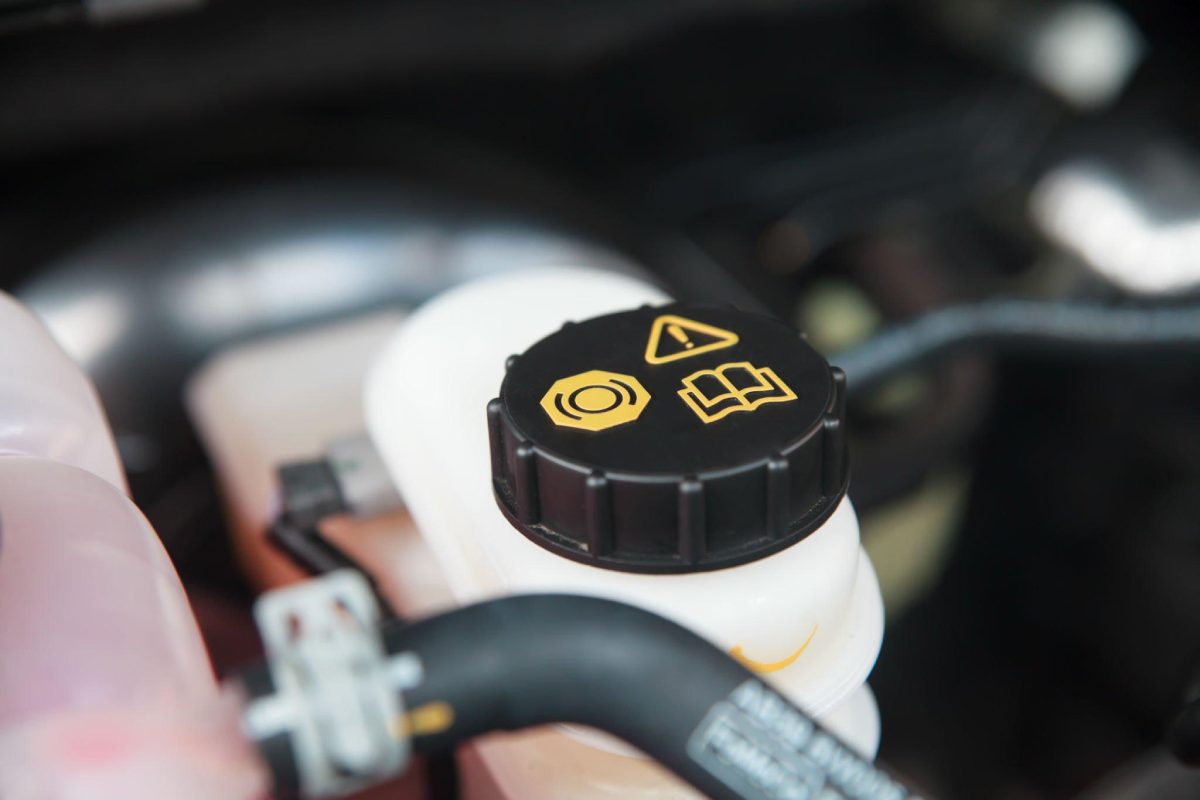Performing your own vehicle maintenance is both practical and potentially cost-saving. You also enjoy a sense of accomplishment plus you become more familiar with your Mercedes Benz’s inner workings. This guide explains how to change your Mercedes Benz brake fluid and offers pointers on buying the type you need.
Table of Contents
Shop Pro DOT 4 Brake Fluid
Most vehicles use brake fluid DOT 4 products. Even vehicles that use DOT 3 can accept DOT 4, as these glycol-based fluids are downward compatible. Shop Pro DOT 4 fluid offers excellent performance and longevity, plus proper flow in cold temperatures.
Step-by-Step Process
Before you drain your old fluid and add new, you may wonder: What color should brake fluid be? As it turns out, it comes in a wide range of colors. DOT 3 fluid is typically a faint yellow, blue, red or green. DOT 4 is usually clear, yellow or dark red. DOT 5.1 is mostly yellow, blue or clear. If you have purple brake fluid, stop immediately. That’s DOT 5 silicone-based fluid and you cannot add it to a system that takes DOT 3, 4 or 5.1.
Brake fluid changes are relatively simple, especially if you have intermediate-level auto maintenance experience. You’ll need some essential tools, including vehicle jacks and stands, a box end wrench, a socket set and a drain pain. It’s also wise to wear gloves and safety glasses during the process. You’ll need to follow four important steps to change out your brake fluid.
Empty the Master Cylinder Reservoir
Start with the vehicle turned off and in the park position. Remove all old brake fluid by using a siphon pump, large syringe or transfer pump and tube. In a pinch, you can use a large turkey baster.
Refill the Reservoir With New Fluid
Pour the new brake fluid into your master cylinder reservoir. Fill it up until the liquid level reaches the top FULL line.
Bleed the Old Fluid Out of the System
While you’ll likely start with the rear brakes, you should check your owner’s manual for the correct bleed order. Start by locating the brake bleeder valve, identifiable by a small screw with a hole in the center. You’ll find this on top of the brake caliper on drum brakes and at the top middle on the rear of the brake, wheel and tire area.
Connect your vacuum pump and form a tight seal over the valve. Open the valve and vacuum out any remaining amounts of the old brake fluid. Periodically monitor the mater cylinder to maintain proper levels of new fluid. When you don’t see any more bubbles or old fluid in your vacuum line, you’ve done the bleed correctly.
Add Fluid To Top Off the Reservoir
Check fluid levels in your master cylinder reservoir. Add more until it reaches the top line.
Where To Get Your Brake Fluid
Finding your brake fluid is as easy as shopping at your preferred aftermarket auto parts and accessories retailer. You can also find the tools and supplies needed to properly complete this task. be sure to change your fluid every two years or 30,000 miles.

